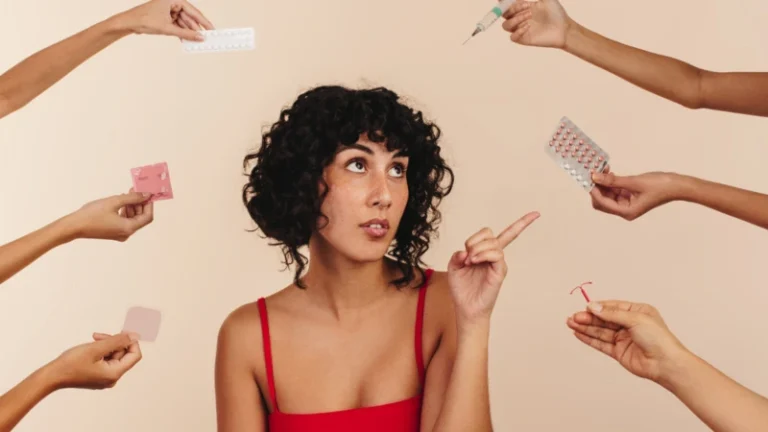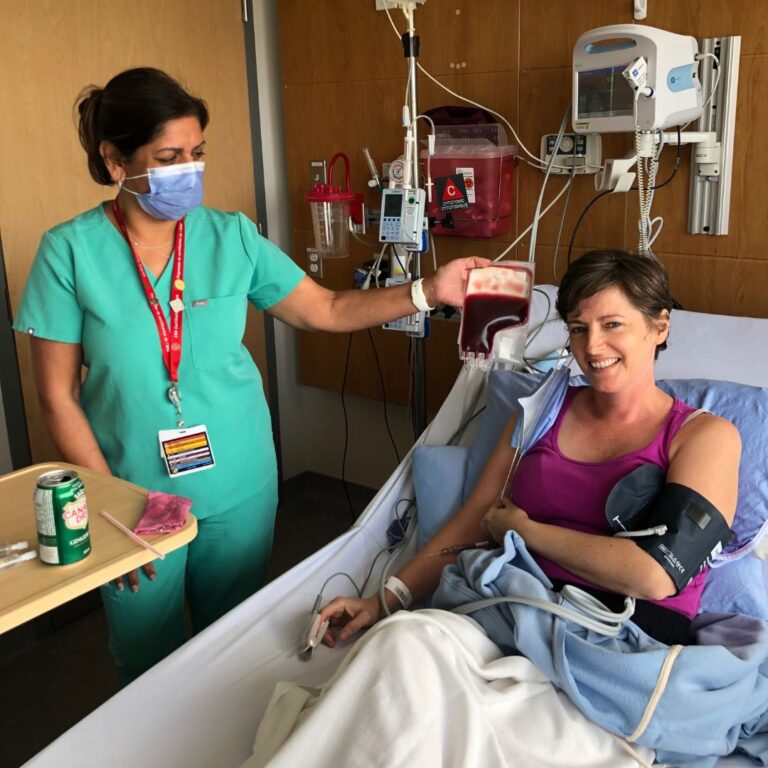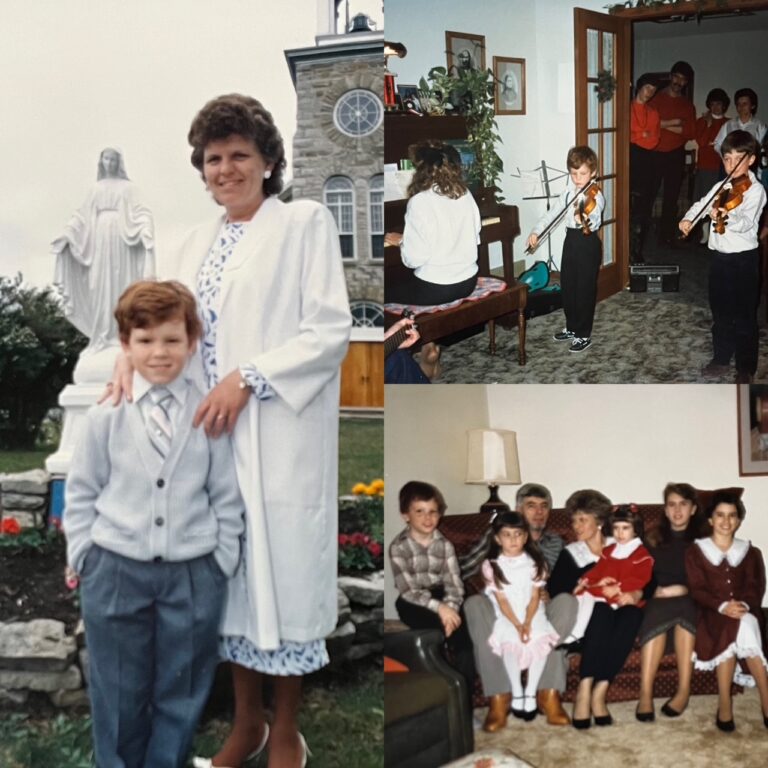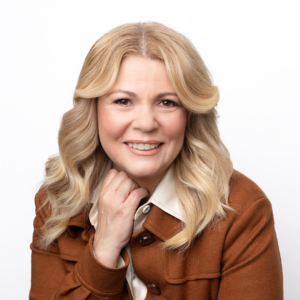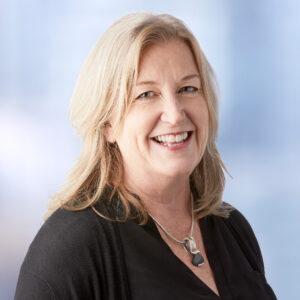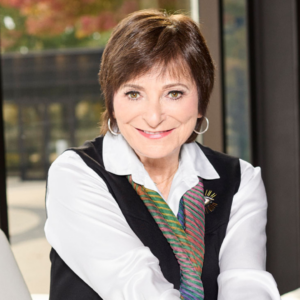Growing older, growing stronger: The new approach to women’s health
Health04.11.2024

It’s been a long time coming: the realization that, when it comes to health research and treatment, women are not just men with a few different body parts.
For years, for decades – forever – studies about heart health, drug dosage, mental health, cancer, osteoporosis, and more were focused on male subjects.
While many regulatory bodies now recognize the need for sex-disaggregated data and research that specifically includes women, there’s still a group that’s left out far too often: aging women.While many regulatory bodies now recognize the need for sex-disaggregated data and research that specifically includes women, there’s still a group that’s left out far too often: aging women.
(This, in fact, is all women – since we’re all aging!)
What about older women? Addressing the overlooked
Dr. Paula Rochon, founding director of Women’s Age Lab at Toronto’s Women’s College Hospital, and her team are driven by the dream of having a healthcare system – and living in a society – where policy makers and care providers automatically ask, “What about older women?”
That’s why they developed Women’s Age Lab as the first and only centre of its kind in the world – a space for exploration and collaboration on science-driven systems and social change that improves the lives of older women with a focus on four interconnected areas:
- Addressing gendered ageism
- Reimagining aging in place and caregiving
- Optimizing therapies
- Promoting social connectedness
The Honest Talk was lucky enough to have an in-depth chat with Dr. Rochon about the work she’s doing to try to ensure that women embrace aging rather than fearing or fighting it.
To view aging as an opportunity for growth, reinvention, and deeper self-care, we need to look at where we’ve come from and where we’re going.
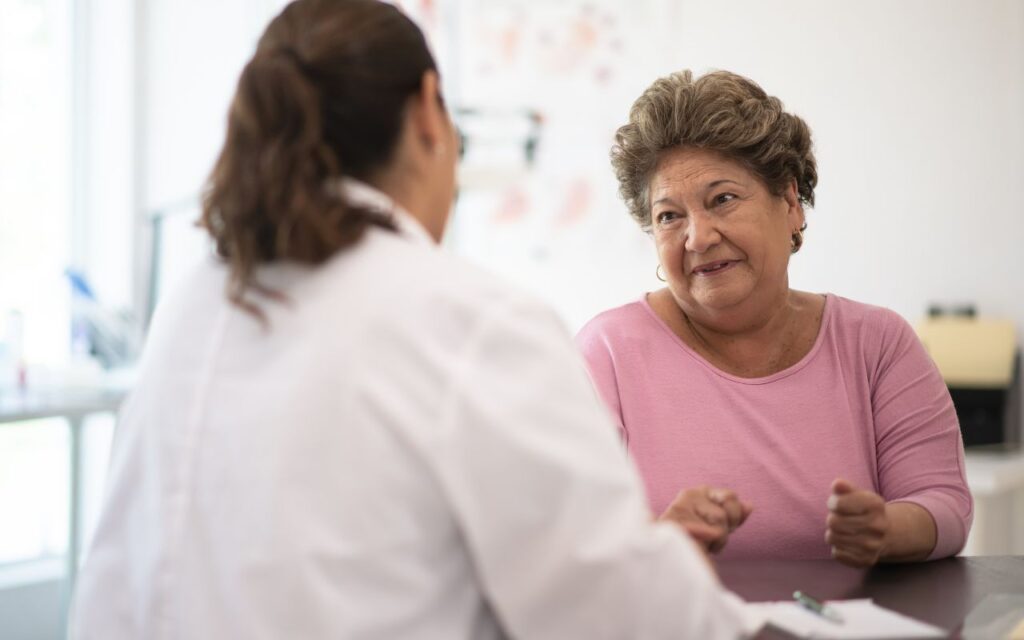
From “Doctor knows best” to “Ask more questions”
There was a time not that long ago when “Doctor knows best” was the prevailing attitude – when women (maybe your grandmother, or your mother?) accepted medical advice without question. While this was a comfortable approach for some women, who felt cared for and supported by their doctors, it also often left them out of critical conversations about their own health.
Today, as women approach medical professionals with more knowledge and questions, they’re more likely to seek multiple opinions, question treatments, and work collaboratively with their doctors to ensure their needs are fully met.
This shift ties in with Dr. Rochon’s encouragement for women to take control of their aging journey. “You don’t always think about aging because you have so many other things to think about every day. While we shouldn’t dwell on it, it’s good to think ahead.” And a big part of that is asking the right questions and advocating for your health.
Start today: Your aging journey has already begun
When should we start planning, advocating, and preparing for our aging journey?
Now, says Dr. Rochon. “It’s great to start whenever you can, but it’s always better to start earlier.” She knows that can be a challenge: “I think we’ve lost that societal public health approach where we’re making sure that people are thinking about physical activity, nutrition, all those sorts of things, from a very young age. But it is really important.”
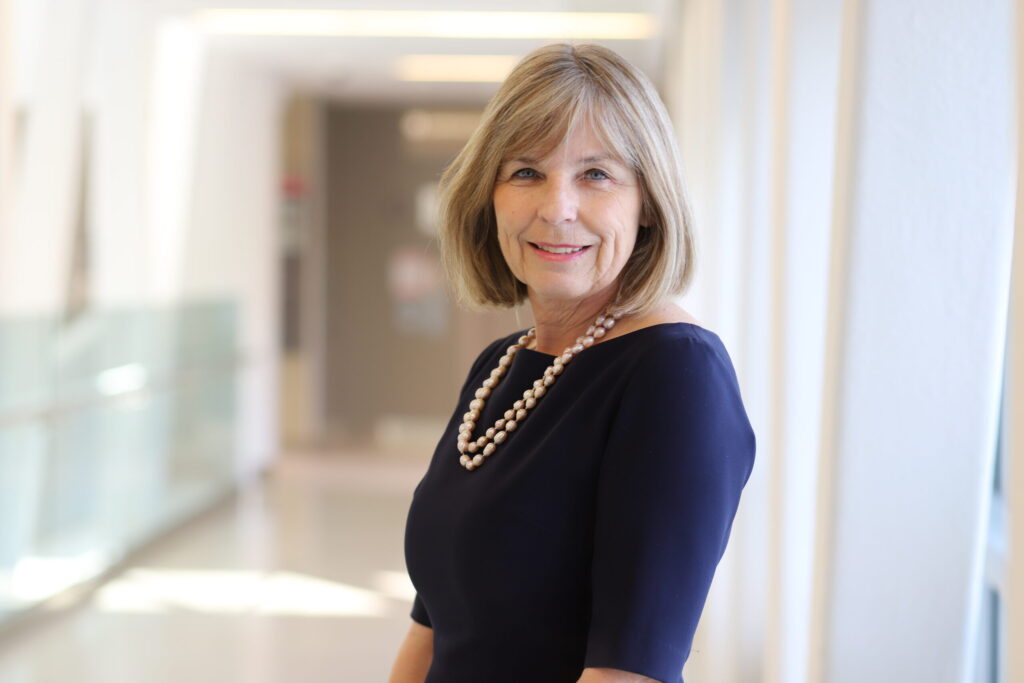
For Dr. Rochon there are a few areas worth focusing on to promote health and well-being later in life:
1) Move to age well: The power of physical activity
She asks, “What are some of the things you can build into your lifestyle to create the physical activity that is good for your health?”
While many of us think of exercise as something we use to stay fit – or to fit into our favourite jeans – it’s also about maintaining independence, mental clarity, and overall well-being. The benefits of regular exercise are well-documented, yet many women deprioritize this as they juggle careers, families, and other responsibilities. Incorporating daily movement can make a tremendous difference in how you age.
For Dr. Rochon, this has taken the form of walking: “It’s something pretty basic. It’s low cost; it’s very accessible. I make a point of trying to walk as much as possible. Certainly in downtown Toronto where the traffic is terrible, it makes so much sense if you’re able to do that. It’s a basic physical activity that you can build into your to and from work if you’re living within a relatively reasonable distance.”
2) Social connections: A mental and physical health booster
As we age, our social connections change, too. “At different points in our lives we put aside some of our early friendships,” Dr. Rochon says. “You’re busy with child rearing, or whatever it is going on, and you start to lose friendships.”
While socializing might seem like a more light-hearted recommendation, it has serious effects. “Maintaining and fostering friendships is critical to mental health and can even impact physical health. It takes time and effort, but it’s really important to have a circle around you that you can talk to and connect with for various different things.”
Two challenges Dr. Rochon urges women to set for themselves are:
- “Make it a goal to make a new friend. Whatever age you are, that’s always a good thing.”
- “Think about rekindling old friendships.”
Dr. Rochon explains, “Rekindling old friendships, forming new ones, and staying connected to your community can help reduce loneliness and create a sense of belonging at any stage of life.”
Next up: The complexities of aging well
Women’s Age Lab focuses on so much more – with notable topics being aging in place, women’s role in caregiving, and our relationship to the medicines we take. Those are all topics we’ll explore with Dr. Rochon in future stories.
For now, she reminds us: “We’re all aging from the time we’re born, and if life goes well, you’re going to be in that category at some point. You want to start thinking about the things you can do that will be good for you as you get older, and start planning ahead. These are lifelong decisions, not things that you discreetly wait to think about until you reach a certain age.”
So, think about them. Talk about them. Preferably on a walk and with a friend.
And keep your eyes open for the next story in our series on aging.



